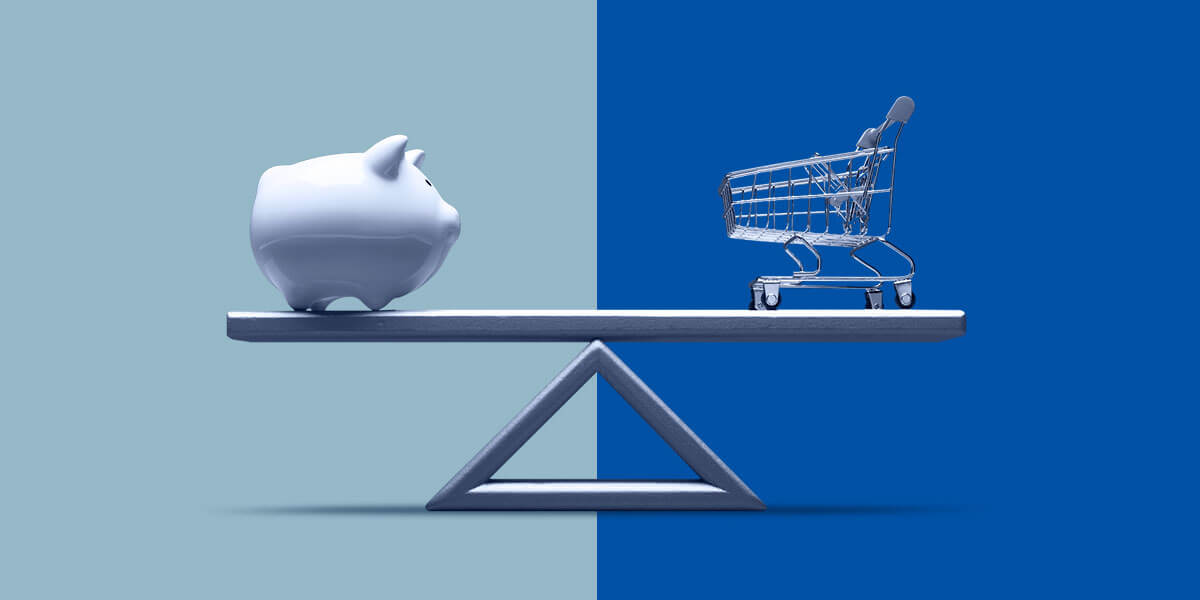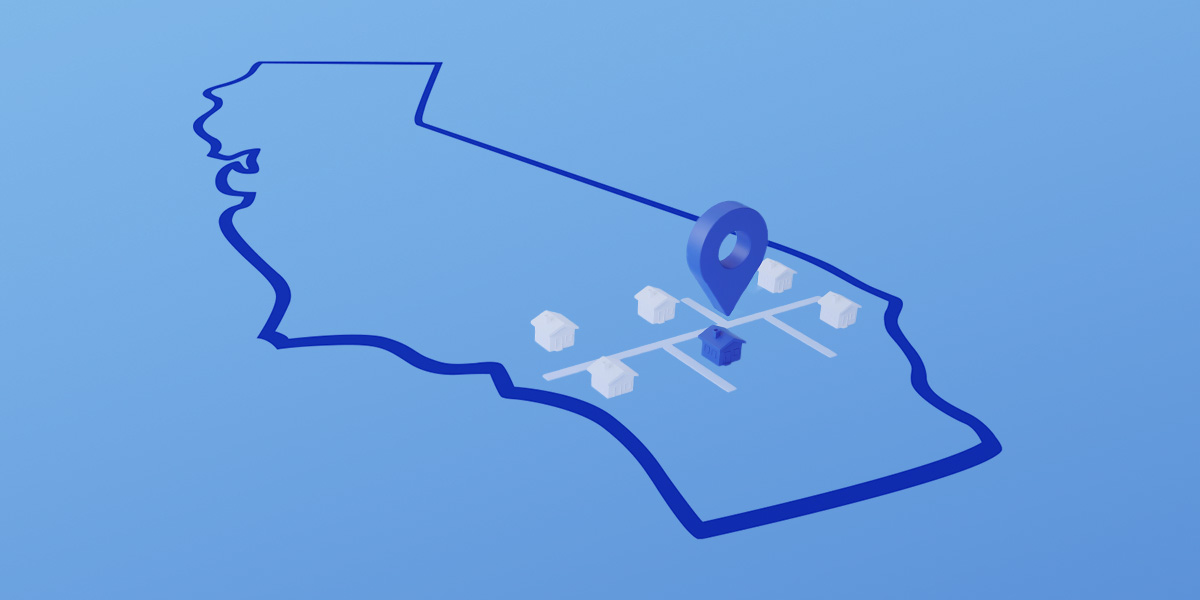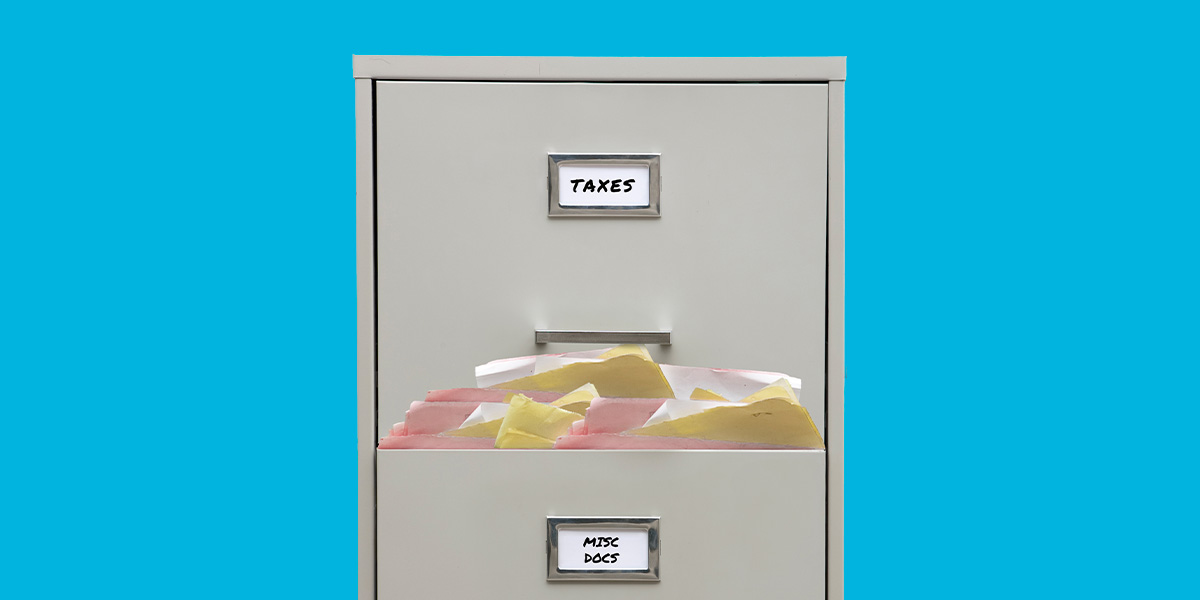-
Personal Banking -
Insights
3 Questions to Consider When Buying a Second Home
The global COVID-19 pandemic, with its lockdowns and the rise of remote work and virtual schooling, has driven many families to consider both temporary and permanent moves to suburban areas. In fact, the purchase of second homes is now so prevalent in the United States that the trend is accelerating the current housing boom.
In October 2020, demand for second homes increased 100 percent over a year earlier, which was the fourth triple-digit increase in five months, according to Redfin data. The same body of research shows the demand for second homes dwarfed the 50 percent increase in demand for primary homes.
“A lot of people, especially in metropolitan areas, are much more interested in second homes due to COVID," said Angie O'Leary, head of wealth planning at RBC Wealth Management-U.S. “Friends who downsized to get a more metropolitan experience are now looking to get out of downtown. A friend in San Francisco told me, 'I'm buying a house because I will never be locked down in this apartment ever again. I want a yard, a pool, a street to walk on.'"
Even for those who wanted second homes before the pandemic, the ability to work remotely now makes the option even more appealing. O'Leary, for instance, was able to spend several months this year with her husband at their lake cabin in Minnesota. “The ability to work remotely allowed us the luxury of a lovely summer on the lake," she said. “It was a blessing, something we never expected to get to do until retirement."
But the pandemic won't last forever, and those who would like to purchase a second home now may want to consider long-term plans for the home, how to choose the right location and how to pay for it before taking the leap.
Why Invest in More Property?
Instead of focusing on travel savings in 2021, many Americans are setting aside their extra money to purchase vacation homes to which they can return again and again, O'Leary said.
For instance, while some homeowners are looking for second homes as investments, others are seeking second homes to help them meet their purposeful planning goals, which might include a large property where kids and grandkids can gather year after year.
Before making a purchase, it's important to think through the personal reasons for investing in a second home. The right home may check more than one box for you, but understanding your goals will help you select the right property and financing plan.
“What's really important is that your second home fits within your financial plan," O'Leary said. “Have a well-thought-out plan that allows you to successfully own a second home."
What’s the Best Location for a Second Home?
The newfound freedom of remote work means you can buy a home on the beach in Florida or in the mountains of Colorado, but neither of those options may be the most practical for your long-term situation.
For instance, it might make more sense for you to buy a home closer to family, or in an area that's close enough to drive for short weekend trips.
“Think about how often you want to use the home," said Bill Ringham, director of private wealth strategies at RBC Wealth Management-U.S. “You're a lot more likely to use a home that's an hour away than eight hours away. And the further you live from the second home, the more likely you'll need to hire someone to maintain it for you."
If you plan to use the home to generate short-term rental income, think about which locations might draw more visitors. And if you hope to make the home a place where kids and grandkids can gather, consider locations that are convenient to most of your family members.
Finally, you may want to consider access to resources, such as childcare, restaurants and medical clinics, and even reliable high-speed internet for remote work.
How Does One Finance a Second Home?
There are various options you can select for financing your purchase, such as paying in cash, getting or refinancing a mortgage or using a securities-based line of credit (SBL).
If you want to have instant liquidity on hand to make a quick purchase, especially in a competitive market for second homes, an SBL may be an option. As a line of credit against your brokerage account, an SBL may offer lower rates than a mortgage and limited underwriting, said Fred Rose, head of credit and liquidity solutions at RBC Wealth Management-U.S.
To qualify for an SBL, most borrowers need at least $100,000 in non-qualified assets. Lenders usually allow credit lines of 50-70 percent of the value of your equities and 60-90 percent of the value of bonds. For example, if you have $1 million in equities, you might be able to borrow up to $700,000, potentially making it easier to quickly close on a $600,000 condo in Florida and later refinance with a traditional mortgage loan.
Unless you have a plan to pay off the SBL in the near term, such as with a mortgage, Rose doesn't recommend borrowing up to the available amount.
“If you're planning to hold on to the line of credit for a long time, we recommend staying below 50 percent of your available borrowing capacity," he said. That's because even though an SBL can offer flexibility and liquidity—since it's based on market securities—the collateral is likely to fluctuate.
“If the value of the securities goes down significantly and you've borrowed against them, you may have a collateral call," Rose said, which may require you to pay down your loan or bring in additional assets to your account to stay within your loan's required maintenance ratio.
An SBL can be a valuable bridge solution or partial financing solution for a second home, but “the best financing for homes over the long term is a mortgage," Rose explained.
Final Considerations
Beyond the purchase price, don't forget about the hidden costs of a second home.
Your property taxes will depend on the state, but they may be higher than the taxes on primary homes because second homes don't get the homestead tax exemption, Ringham said.
“Take a look at the expenses on your primary house, such as utilities, insurance, taxes and maintenance to get a basic idea of the costs of ownership," he said. “But also consider new expenses. If you buy a lake property, for example, you may want a boat, too."
If you plan to make your second home a family legacy and leave it to children or grandchildren as part of your estate, you may also want to consider how to prepare for future expenses now in order to minimize conflict.
For instance, to make it easy to leave their lake cabin to their children, O'Leary and her husband plan to put the cabin in a trust and fund the trust to cover expenses for a number of years.
Considering such factors is an important part of planning for a second home. If a second home fits into your financial plan, it can be a rewarding way to accomplish your goals, providing income, years of memories and a legacy for your family.
This article is for general information and education only. It is provided as a courtesy to the clients and friends of City National Bank (City National). City National does not warrant that it is accurate or complete. Opinions expressed and estimates or projections given are those of the authors or persons quoted as of the date of the article with no obligation to update or notify of inaccuracy or change.
This article is a republication of content originally published by RBC Wealth Management, a division of RBC Capital Markets, LLC, Member NYSE/FINRA/SIPC. © 2020, Royal Bank of Canada, used with permission. This article may not be reproduced, distributed or further published by any person without the written consent of RBC Wealth Management. Please cite source when quoting.





